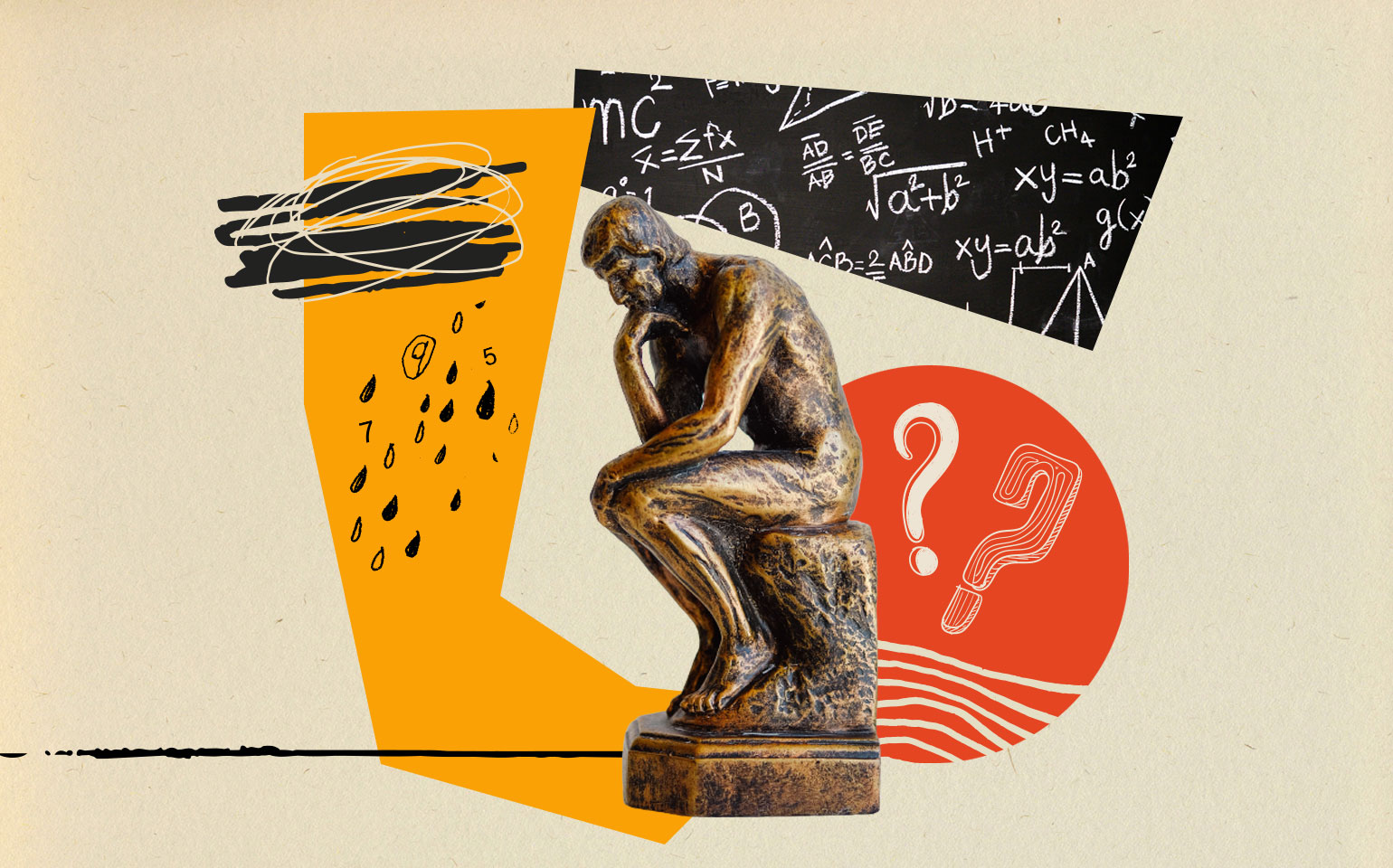
Are You Bad at Math or Have Test Anxiety? You Can Change This
The first math test I wrote in grade 10 was the worst test I had ever written. I studied and studied and studied, and I walked out of that test with half of it unfinished. I ran out of time; I didn’t know how to answer the questions. I knew the material; I got all the questions I did for homework and in class right. But while I might have known the math; one thing could not be excused, I did not know how to write math tests.
I decided to change this. I instilled several methods into my test taking rituals that managed to raise my average by more than 10% throughout the year, and now, I’m going to share them. I’m sure there are plenty of people out there who experience the same thing, and even if you don’t, these universal study tips will benefit you, nonetheless.
I started by establishing that I could write tests and solve math questions quickly. I was completely comfortable with math–or any subject. And you should believe this, too! Math is for everyone, so start believing it, and you’ll achieve it! Positive affirmations are key. Before tests, remind yourself that you are in control, and you can do it! Apart from that, you can build your confidence in math by making sure you understand the material and—as my math teacher liked to say—by DOING YOUR HOMEWORK. Yep, all it takes is a little practice and familiarity with the concepts, and that self-confidence will kick in!
Once that base was established, instead of just going over some questions and calling it a day, I started doing the questions under a time crunch. Take the questions you’re good at and not so good at and set a timer. This forces you to be aware of the time and work faster. Also, by practicing this method, you expose your brain and body to stress more often and build your resilience to it. If you don’t have a timer, you can simply visit a local dollar store or even use an ordinary clock as a guide.
Having the concept of time and how long you can take on each question can eradicate any possibility of not finishing a test in time and can even leave you with room to check your answers.
During tests, I used to make the mistake of thinking I was in a rush. While I technically was, I like to think about it like this; if you’re running late and are in a rush, what are the most prominent feelings you get? I’ll give you a hint; it’s not calmness and composure. It’s stress! So, purposefully trying to rush your brain and yourself while writing a test will result in the same thing. That test anxiety will kick in. Your mind will focus on that one emotion, which essentially removes your ability to rationalize or think through any questions. So, slow down. Or at least create the illusion in your mind that you’re going slower. Take a couple deep breaths. Give yourself a second to skim the entire test. Read the questions and what marks they are worth. This gives your mind a breather and allows you to get familiar with the types of questions to expect, while allowing you to apply other strategies like choosing to do the most challenging or time-expending sections first, as well.
The final thing I started doing was after the tests, I would try to recreate the questions or find similar ones and redo them–this time without the stress clouding my judgment. That way, I could make sure that I was on the right track and knew the material. Once you get your tests back, go through and redo the questions you got wrong. Because what does math do? It builds. That concept you get stuck on during the test and don’t take the time to work through, will eventually come back to haunt you. Even if the math test is done and the unit is over, having the confidence that you know the concepts sets you up to do better in the future.
I’d like to clarify that I’m still not the best test taker out there. I never will be. But by having some self-assurance, doing my homework, having an awareness of time, slowing down, and redoing the questions, I have gotten better at math and learning, overall. I’ve been able to apply these techniques to other subjects and see positive results, too. So, when the next school year rolls around, I implore you to try some of these methods out and make some up yourself, too. You’ll be ready to take on any test thrown your way!



